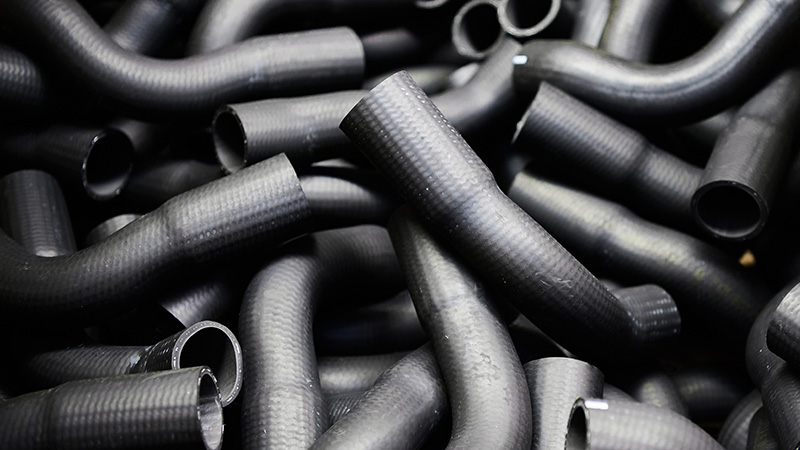The long-awaited new Working Hours Act is entering into force on 1 January 2020. The act has already been criticised for not meeting the demands of Finland’s rapidly changing working life. This critique is understandable, as many elements of the new act—such as working hour banks and larger maximum flex-periods—have been available to employers for years already through various collective bargaining agreements.
Should We Be Regulating Working Hours or Protecting Free Time?



Tomi Kemppainen & Outi Tähtinen
Related services
Tags

It is clear that legislation is having trouble keeping up with the rapid pace of change in working life. Work is being shaped by accelerating digitalisation and the rise of the platform economy, but also by the fact that the generations now entering the workforce have different expectations towards employers and work. As the line between working time and free time is blurring, perhaps rather than regulating working time, we should be protecting the right to free time. This would help prevent burnout and would ensure that people are able to maintain their enthusiasm for work as long as possible.
It will be interesting to see how eagerly employers adopt the possibilities offered by the new act. Companies could use the new flexibility available to them to become more attractive employers, which would help them hire and hold on to the best employees. We are seeing the same discussion happening in every industry: results should mean more than hours, and mutual trust between the supervisor and employee is the foundation on which everything else is built.
There is every reason to believe that the new opportunities for flexibility offered by the act, particularly flexible working hours, could work well in many workplaces. However, it still remains to be seen whether the new act will provide sufficient answers for today’s work communities or whether we will be writing about another amendment a few years from now.









